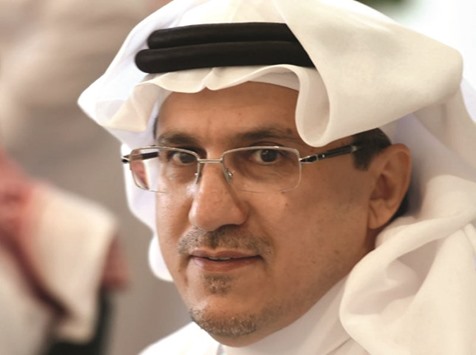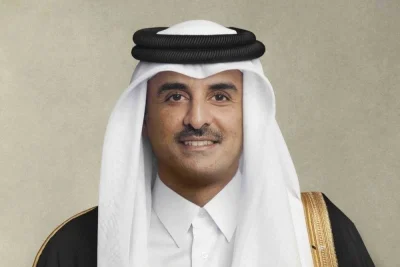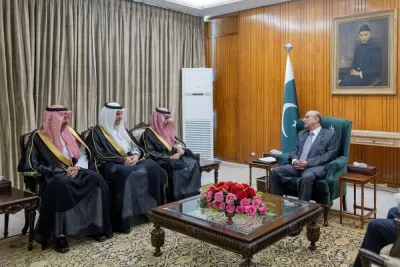Saudi Arabia central bank Governor Ahmed Alkholifey said a cash crunch that squeezed commercial lenders last year is over and that he’s open to more foreign banks operating in the biggest Arab economy.
The Saudi Arabian Monetary Authority sees no need for further steps to boost banking liquidity, Alkholifey said in an interview with Bloomberg Television in Davos yesterday, his first with an international news organisation since taking office last year.
Alkholifey, a former deputy governor, was appointed in May as the world’s biggest oil exporter grappled with the impact of low crude prices on the economy. With falling oil revenue, the government drew down on its deposits in the banking system, causing a cash squeeze that sent a key measure used to price loans to the highest level since 2008.
Policy makers responded by injecting billions of riyals into the banking system and deploying other monetary policy tools to ease the strain. Authorities also sold the biggest ever bond from an emerging market in October and cut weekly domestic debt issuance. Interbank rates have fallen 15% since peaking at 2.386 in October.
“We had to intervene,” Alkholifey said. The central bank is now comfortable with current liquidity levels “and I don’t think we need to intervene anymore,” he said.
“Further foreign borrowing by the government in the first quarter of 2017 will be important for domestic liquidity, reducing the need for the government to borrow internally,” said Monica Malik, chief economist at Abu Dhabi Commercial Bank.
The governor is part of a senior Saudi delegation attending the World Economic Forum, touting an unprecedented plan to overhaul the economy and reduce its reliance on oil. The kingdom is also courting overseas investments, opening its stock market last year to direct foreign investments and allowing full non-Saudi ownership in several industries.
The Saudi strategy, led by Deputy Crown Prince Mohammed bin Salman, includes a plan to set up the world’s biggest sovereign wealth fund and to sell a stake of less than 5% in state-run Saudi Arabian Oil Co by 2018.
Alkholifey said the central bank is reviewing one licensing application from a regional lender and is open to requests from other foreign banks. “We have an open policy,” he said. “We accept applications for sure. As we speak we have one application in the pipeline.”
The central bank recently approved a request by Bank of Tokyo-Mitsubishi to operate in the kingdom. “Usually we look at the financial position of that bank” and the value added to the sector and the economy, Alkholifey said.

The Saudi Arabian Monetary Authority sees no need for further steps to boost banking liquidity, says governor Ahmed Alkholifey.


